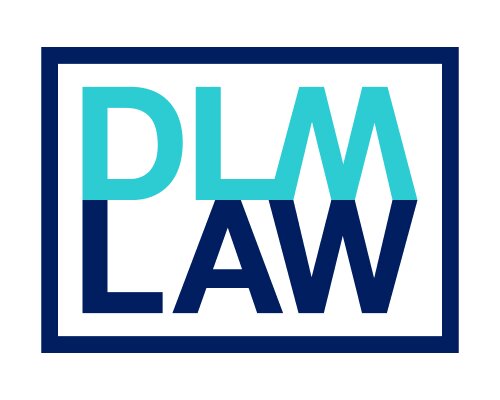Best Antitrust Lawyers in Kansas City
Share your needs with us, get contacted by law firms.
Free. Takes 2 min.
List of the best lawyers in Kansas City, United States
About Antitrust Law in Kansas City, United States:
Antitrust law in Kansas City, United States, is a set of laws and regulations designed to promote fair competition and prevent monopolies in the marketplace. These laws aim to protect consumers from harmful practices that could limit their choices or drive up prices.
Why You May Need a Lawyer:
You may need a lawyer for Antitrust issues in Kansas City if you suspect anti-competitive behavior, such as price-fixing, bid-rigging, or market allocation. A lawyer can help you navigate complex legal processes, gather evidence, and advocate on your behalf to ensure your rights are protected.
Local Laws Overview:
In Kansas City, United States, Antitrust laws are enforced by both state and federal authorities. The main federal law governing Antitrust is the Sherman Antitrust Act, which prohibits monopolies and any agreements that restrain trade. The Kansas Consumer Protection Act also addresses anticompetitive practices and unfair business practices within the state.
Frequently Asked Questions:
Q: What is considered an anticompetitive practice?
A: Anticompetitive practices can include price-fixing, bid-rigging, tying arrangements, exclusive dealing agreements, and monopolization.
Q: How do I report anticompetitive behavior?
A: You can report anticompetitive behavior to the Antitrust Division of the Department of Justice or the Kansas Attorney General's office.
Q: What are the potential penalties for violating Antitrust laws in Kansas City?
A: Violations of Antitrust laws can result in hefty fines, criminal charges, civil lawsuits, and injunctions to stop anticompetitive practices.
Q: Can individuals file Antitrust lawsuits in Kansas City?
A: Yes, individuals who have been harmed by anticompetitive behavior can file private Antitrust lawsuits to seek damages and injunctions.
Q: How long do Antitrust investigations typically last?
A: Antitrust investigations can vary in length depending on the complexity of the case, but they can take several months to several years to resolve.
Q: Can businesses collaborate on pricing strategies?
A: Businesses must be cautious when collaborating on pricing strategies to avoid violating Antitrust laws. Price-fixing agreements are illegal and can result in severe penalties.
Q: Is monopoly illegal in Kansas City?
A: Monopolies are not illegal per se in Kansas City, but monopolization through anticompetitive conduct is prohibited under Antitrust laws.
Q: Are there any exemptions to Antitrust laws in Kansas City?
A: Certain activities, such as joint ventures and mergers, may be exempt from Antitrust laws if they do not harm competition in the marketplace.
Q: Can I seek legal advice proactively to ensure Antitrust compliance?
A: Yes, it is advisable for businesses to seek legal advice to ensure compliance with Antitrust laws and to prevent potential anticompetitive behavior.
Q: What is the role of the Antitrust Division of the Department of Justice?
A: The Antitrust Division of the Department of Justice is responsible for enforcing Antitrust laws and investigating anticompetitive behavior at the federal level.
Additional Resources:
For more information on Antitrust laws in Kansas City, United States, you can visit the websites of the Department of Justice's Antitrust Division and the Kansas Attorney General's office.
Next Steps:
If you believe you have been affected by anticompetitive behavior or are facing Antitrust issues in Kansas City, it is recommended to seek legal advice from an experienced Antitrust lawyer. They can assess your situation, provide guidance on your legal rights, and represent you in any legal proceedings related to Antitrust violations.
Lawzana helps you find the best lawyers and law firms in Kansas City through a curated and pre-screened list of qualified legal professionals. Our platform offers rankings and detailed profiles of attorneys and law firms, allowing you to compare based on practice areas, including Antitrust, experience, and client feedback.
Each profile includes a description of the firm's areas of practice, client reviews, team members and partners, year of establishment, spoken languages, office locations, contact information, social media presence, and any published articles or resources. Most firms on our platform speak English and are experienced in both local and international legal matters.
Get a quote from top-rated law firms in Kansas City, United States — quickly, securely, and without unnecessary hassle.
Disclaimer:
The information provided on this page is for general informational purposes only and does not constitute legal advice. While we strive to ensure the accuracy and relevance of the content, legal information may change over time, and interpretations of the law can vary. You should always consult with a qualified legal professional for advice specific to your situation.
We disclaim all liability for actions taken or not taken based on the content of this page. If you believe any information is incorrect or outdated, please contact us, and we will review and update it where appropriate.








